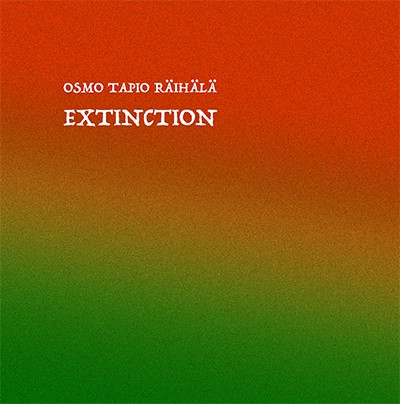Oil Today Water Tomorrow
(2025)The electronic music part can be obtained from Boosey & Hawkes | Sikorski Berlin
Abbreviations (PDF)
Sikorski
‘An artist reflects the world in which they live and work, but the role of art is also to reveal possible worlds. Such parallel realities are often best expressed through abstract art - of which instrumental music is always a form. An artistic statement can be as simple as offering an image of how the artist experiences reality.
Climate change, species loss, environmental degradation, pollution of the seas... The human footprint on this planet has become horrifying. We treat Earth as if we were its sole inhabitants and rightful owners. Our boundless selfishness blinds us to the need for change. Like the proverbial frog in a pot, we fail to leap away as the water around us steadily heats toward boiling.
This thinking has led me to compose what I call the Extinction Trilogy. Its first part, the string octet ‘Swarm’ (2020), explores the escalating extinction of species caused by human activity, while ‘Biodegradable Kiss‘ (2024), written for flutes and percussion, focuses on environmental pollution.
The final part of the trilogy is entitled ‘Oil Today Water Tomorrow’. This piece serves as a reminder of the alarming pace at which we are hurtling towards catastrophe. Wars are still being fought over oil and other fossil fuels, but as climate change accelerates, even clean water is becoming a commodity - something that can be bought, sold, and used as a tool of blackmail. We are already standing on the brink of wars over access to fresh water. In such conflicts, there will be no true winners.
Oil Today Water Tomorrow was commissioned by saxophonist Anna-Sofia Anttonen, and finished in late 2024. It is both a solo piece and chamber music: the performer plays baritone and soprano saxophones while engaging in a kind of dialogue with electronic music. The electronic part is largely constructed from saxophone sounds, though these have been altered and distanced from the instrument’s natural timbre. The roughly 12-minute composition is a diptych. Its first half, played on a baritone saxophone, builds towards a loud and violent act of warfare, culminating in an intense and brutal battle. The second half (soprano saxophone) is quiet and reflective, leaving the listener with a lingering question: after such a battle, is survival even possible?
The world premiere of ‘Oil Today Water Tomorrow’ will take place on 3 July at the renowned Time of Music contemporary music festival in Viitasaari, Central Finland. Now in its fifth decade, the festival continues to highlight the newest developments in today’s music. It is a great honour and joy to have this work included in its programme.’ (Osmo Tapio Räihälä)

Anna-Sofia Anttonen, saxophones
Uvuloid UVU229
